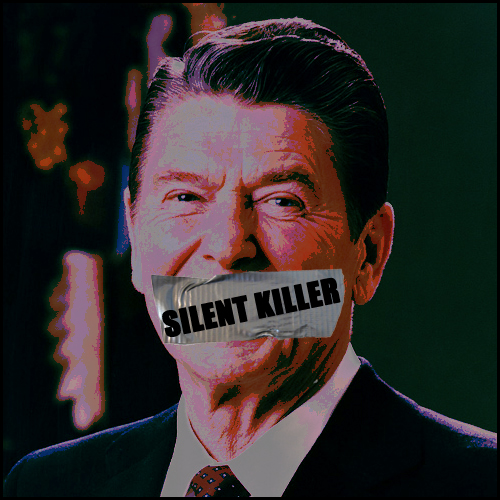vendredi 8 mars 2013
Jesse Helms humor
Tim Miller
Tim Miller is a Los Angeles-based performance artist, and a key founder of P.S. 122 in New York and Highways Performance Space in Los Angeles. He's one of the 4 performance artists who was denied funding and sued the National Endowment for the Arts (the NEA Four).
"I sometimes feel this border between my body and some friends who are really sick right now. It's like this nice coastline on your arm here. It's a border I want to cross, though. A coastline I want to pull people to. Maybe you have brought a special life preserver and you can teach me how to use it and we can throw it to all our friends who are sick and we can pull them back to shore. I want to hold these bodies really close so that not one more slips away." (Miller, My Queer Body)
"Mourning and celebration are the two poles of this life. I know they are often hovering quite near the surface of the community that gathers to see my work. These charged feelings are quite present in the theatres that I step out into, asking spectators to shout out a favorite place on their bodies. I know I am a queer performer presenting my homo-content work in a time of crisis. My work is also filtered through a complex set of political events around the right wing's attempt to censor lesbian and gay artists. Perhaps this makes these human gatherings for the work more pregnant with feeling and need. The call to community more pointed. I want to feel the full blast of the humanness of the situation. I want, as a performer, to be pulled and challenged" (Miller and David Román, "Preaching to the Converted," Theatre Journal. 47:2, 1995)
"The financial vulnerability of the queer arts is most often the result of an anti-art sentiment endemic in contemporary U.S. culture and, more directly, of the cultural wars fueled by the ongoing crisis of the National Endowment of the Arts; it is not the result of the artistic failure of queer artist" ("Preaching to the Converted")
"Performance artists are tackling the blood and bone of the society...A lot of it is not pretty, but our culture is not about Swan Lake" (Miller, qtd. in People Magazine)
mardi 5 mars 2013
John Fleck

John Fleck, one of the 4 performance artists censored by the NEA, performing at a protest in Los Angeles against NEA's denial of funding.
"People in the audience were calling me a pervert, hissing at me, trying to paint me as some obscene decadent who's trying to destroy the country. I love this country. But I'm very frightened about the future of intellectual and artistic expression here." (John Fleck, quoted in People Magazine)
Fleck says that the NEA funding controversy "made me realize there must be something important to what we're doing if it gets such a reaction from the conservatives," (Fleck qtd. in LA Weekly)
A 1-hour video of Fleck's performance of A Snowbell's Chance in Hell, his response to the NEA censorship:
John Frohnmayer
Frohnmayer personally overrode the recommendations of a panel of experts in order to deny funding to individual artists (the NEA 4). He also instituted a policy requiring artists to sign an anti-obscenity pledge.
Headlines and Quotes
"All artists are interconnected," says Papp. "The most outspoken people help other artists take chances. Once you start to cut at the fringe, you start to cut at the entire body, and then you'll get second-class stuff—art that is afraid." (Joseph Papp, head of the Public Theater, quoted in People Magazine)
"NEA Chairman's abiding by a policy of fear" (Eugene Register-Guard)
The Villains of the Culture War

President Ronald Reagan
President George H. W. Bush

North Carolina Senator Jesse Helms

NEA Chairman John Frohnmayer
Orange County Representative Dana Rohrabacher

Dick Armey, Republican House Majority Leader
Pat Buchanan, senior advisor to Ronald Reagan and 1992 and 1996 Presidential candidate